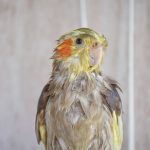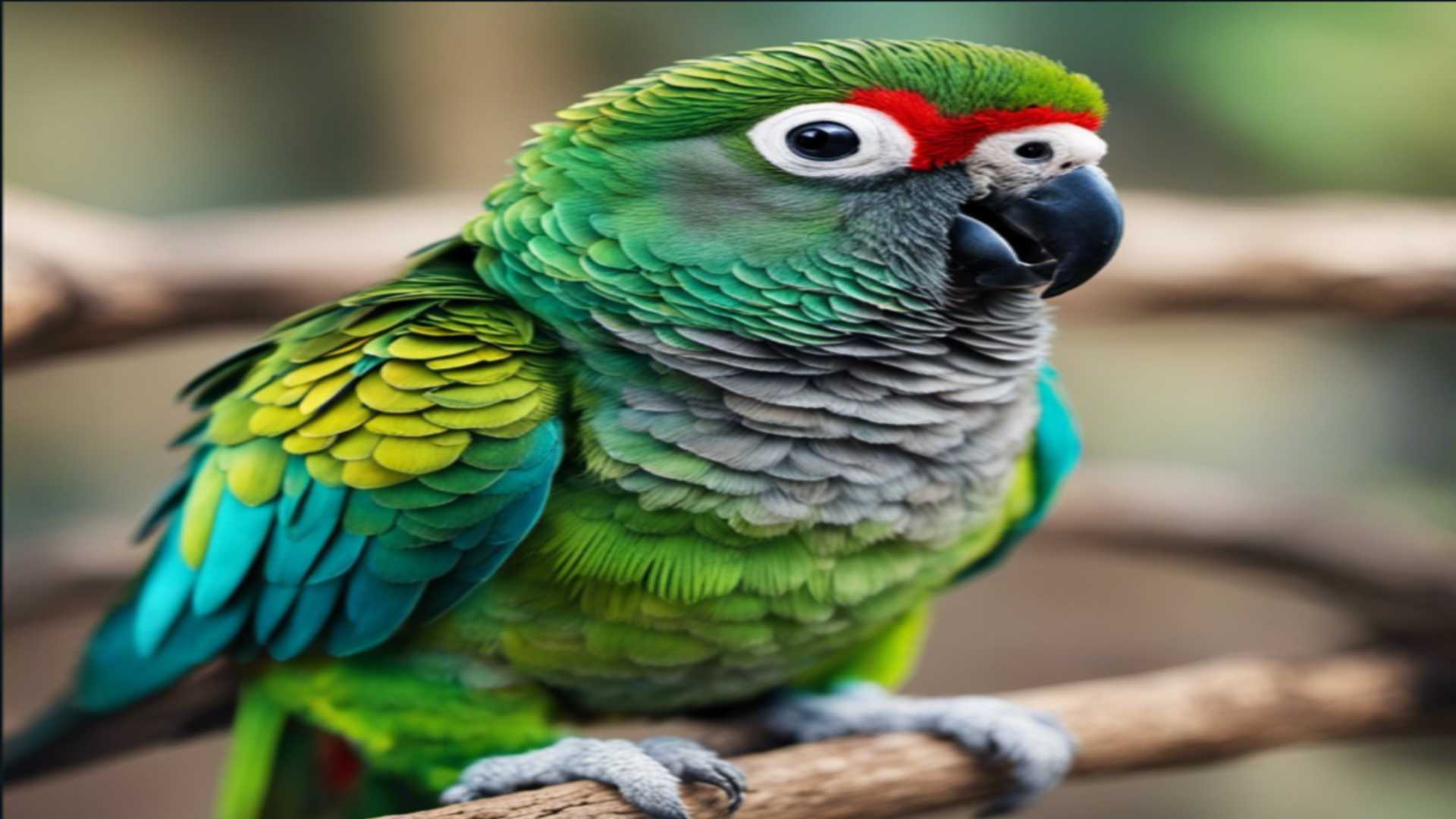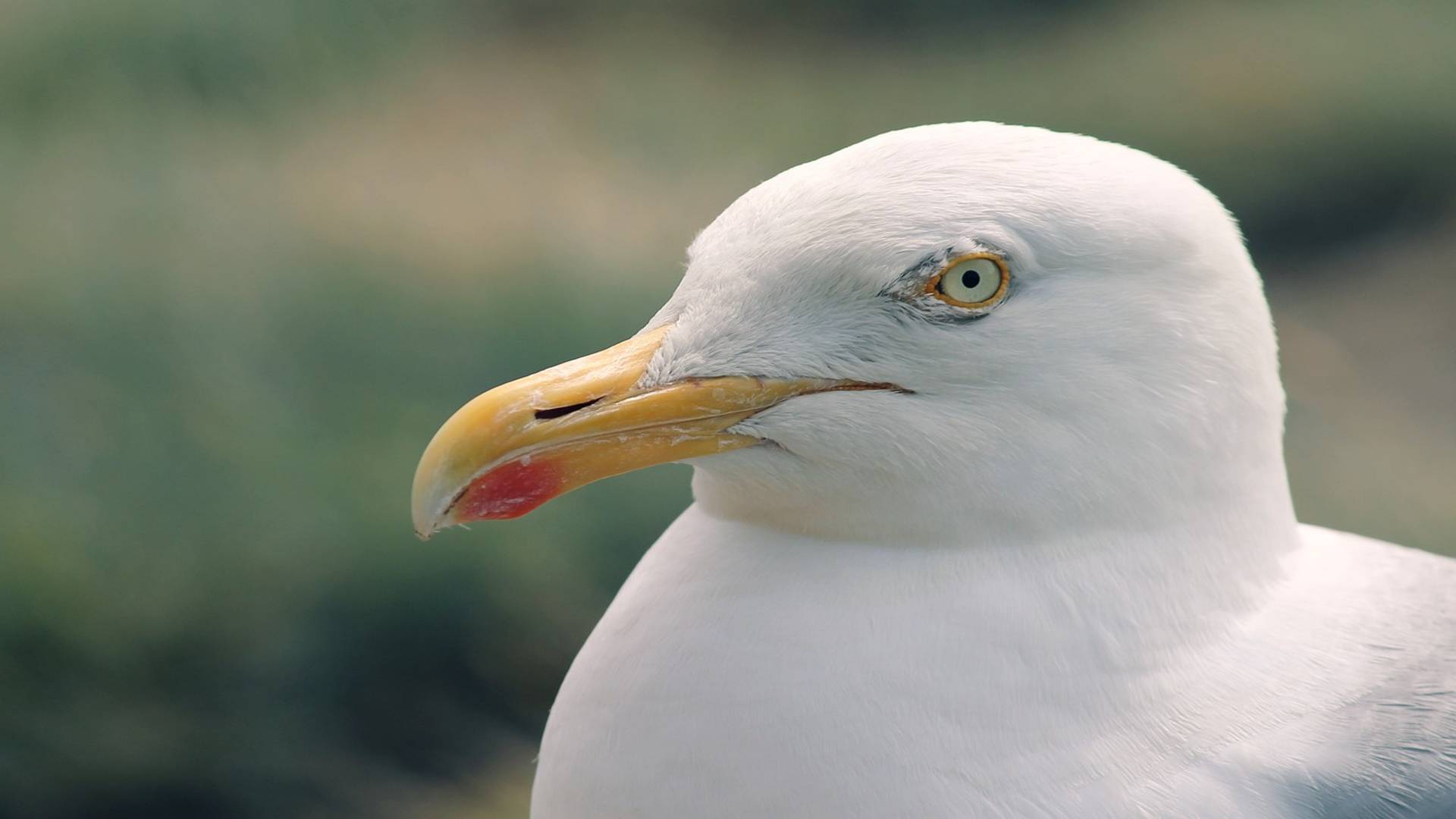When it comes to cockatiels, there are a number of factors to consider before purchasing one. The essential aspect is the bird’s age. So, if you’re considering buying a cockatiel, you’ve probably wondered: what age cockatiel should I buy?
The best age to get a cockatiel is about 6 to 12 weeks old. At this age, they are still young enough to be easily tame and socialized. They will also be less likely to have developed any bad habits such as biting or screeching.
Another thing to keep in mind is that cockatiels typically live for 10-14 years, so this is a long-term commitment. With that in mind, it’s important to find a bird that you really connect with and feel comfortable around.
But there is a lot more to know about cockatiels before you purchase one.
So, in this article, we’re taking an in-depth look at cockatiels, everything from their lifespan and personality to the best age to buy one. Keep reading to learn more about these amazing birds!
Let’s get started.
What should I know before buying a cockatiel?
Before buying a cockatiel, it’s important to understand their personality and needs. Cockatiels are social birds that love to play and interact with their humans.
But before committing to a cockatiel, but I believe in any exotic pet, there are a few things you should know.
- They are very social animals and need a lot of attention. Cockatiels are social birds that love to play and interact with their humans. They need a lot of attention and interaction, so if you’re not prepared to give them the time and energy they need, it’s best not to get one.
- They are loud. Cockatiels can be extremely vocal, so if you’re looking for a pet that won’t make any noise, this isn’t the bird for you.
- They can be messy. Cockatiels love to play and will often throw their food around or drop seeds on the floor, so be prepared for a bit of a mess.
- They require space. Cockatiels need a spacious cage with plenty of toys and perches, so be prepared to do some shopping after you bring your new bird home.
Birdcages can be expensive, and they are beyond the budget of most people, including myself.
But if you’re interested in getting a cockatiel, check out all the birdcages on Amazon and see if any of them fits your budget.
Why should you get a young cockatiel?
There are a few reasons to get a young cockatiel.
- One, they tend to be tamer and more friendly than older birds.
- Two, they are still in the process of learning how to talk and will mimic sounds more easily than older birds.
- Young cockatiels are less likely to have behavioral problems like screaming or biting.
So if you’re looking for a friendly bird that can talk, a young cockatiel is a good choice.
Just make sure you spend enough time training and socializing it so that it becomes comfortable with people and doesn’t develop any bad behaviors.
Younger birds are typically easier to tame and socialize
When it comes to taming birds, age is an important factor to consider. In general, younger birds are more receptive to being tamed and socialized than older birds.
This is because they have not yet developed the same level of mistrust and suspicion towards humans that older birds often have.
Additionally, younger birds are still learning how to interact with other creatures, and as a result, they are more likely to see humans as friends.
Of course, there are always exceptions to this rule, but in general, younger birds are easier to tame than older ones.
So if you’re looking for a bird companion, it’s best to choose a young bird that you can raise and train from an early age.
Younger birds tend to be more active and playful
In general, younger birds tend to be more active and playful than their older counterparts.
Anyone who has ever owned a pet bird knows that they can be lively creatures.
From chirping at the crack of dawn to chasing their own tail, birds often seem to have boundless energy.
This is especially true of younger birds, who often explore their surroundings with enthusiasm and playfulness.
While each bird has its own personality, it is clear that age plays a role in determining a bird’s activity level. So, if you’re looking for a lively companion, be sure to choose a younger bird.
Before buying a bird you should also consider their chirping habit, I know all birds chirp, but some species of birds chirp more than others.
If you live in an apartment complex or close to your neighbors, you might want to buy a bird that chirps less.
Cockatiels are relatively quiet compared to other birds, but they still make some noise.
That’s what I talk about in a recent article I published, there I go into more detail about what you can expect in terms of noise level from a cockatiel.
How to train a young cockatiel
Training a young cockatiel can be a rewarding experience. These spunky little birds are intelligent and can learn a variety of tricks. However, training takes time and patience. The key is to start early and be consistent with your commands.
Here are a few tips to get you started:
Bonding
The first process of the training starts by bonding the bird with the owners. This can be done by frequently holding, petting, and talking to the bird in a soft voice.
The bird should also be given plenty of time out of the cage to explore and play. The cockatiel should feel safe with the person who is handling them.
Once the cockatiel feels comfortable with its owner, it will be more receptive to training.
The next step is to begin teaching the bird simple commands, such as “step up” or “come here”.
Calling his name is also important so that he knows when you want his attention.
Rewards
It is important to reward the cockatiel for good behavior during training. This can be done with treats, such as millets (treats for birds), to your hand onto the cage.
Positive reinforcement
Praise is also a good form of reinforcement. Verbal praise, such as “good bird” or “well done”, should be given when the cockatiel performs the desired behavior.
The frequency of rewards will depend on the individual bird and what motivates him.
However, it is important to be consistent with your rewards so that the cockatiel knows that he is being praised for his good behavior.
These commands should be repeated frequently, and rewards should be given for correct responses.
This process should be repeated until the cockatiel knows the commands, it might take weeks or several months for your bird to learn.
Are cockatiels easy to train?
Yes, cockatiels are easy to train. They are intelligent birds and can quickly learn a few simple commands.
You can start training your bird by teaching it to step up onto your finger. Once your bird is comfortable with this, you can move on to other commands such as “come,” “stay,” and “watch me.”
Always reward your bird for obeying a command with a treat or praise.
Assuming you still want to get a cockatiel, should you buy a young or old cockatiel?
As a general rule of thumb, it’s best to choose a younger bird.
Younger birds are often more active and playful, and they are also easier to train than older birds.
Of course, there are always exceptions to this rule, and some older birds can be just as active and playful as their younger counterparts.
It really depends on the individual bird’s personality.
If you’re looking for a lively companion, it’s best to choose a younger bird.
On the other hand, if you’re looking for a cockatiel that is already trained, an older bird might be a better choice.
Older birds are also more likely to be calmer and less nippy than younger birds.
However, keep in mind that every bird is different, so it’s important to choose the cockatiel that is the best fit for you and your lifestyle.
Above I mentioned the training process cockatiels should go through, but you should also keep in mind that cockatiels are social birds, they really enjoy being around people.
If you don’t have enough time to spend on your cockatiel, I suggest getting two cockatiels, that way they can keep each other company when you’re not home. They will also entertain each other and won’t get bored as easily.
And if you want to buy two cockatiels, check out my recent article all about getting a second cockatiel that I encourage you to read!
How do I know how old my cockatiel is?
There are a few ways to tell how old your cockatiel is. One way is by looking at its plumage. A cockatiel’s plumage goes through distinct changes as it matures.
For example, baby cockatiels have mostly gray plumage, whereas adults have mostly white plumage with some yellow and gray feathers mixed in.
By observing your cockatiel’s personality, you can determine how old it is. Baby cockatiels are generally very active and inquisitive, whereas adults are usually calmer.
You can also try asking your pet store or breeder how old they think your cockatiel is.
Of course, the best way to know for sure how old your cockatiel is would be to take it to a veterinarian.
The vet can determine the bird’s age by looking at its bones and plumage.
What age can baby cockatiels leave their parents?
Baby cockatiels typically leave their parents when they are between 10 and 12 weeks old. At this age, they are fully independent and able to fend for themselves.
However, before releasing the baby’s cockatiel from its parents, it is crucial to ensure that it has been fully weaned. This is the process of a bird being independent in order to obtain food for himself.
In fact, it is best to wait until your cockatiel is at least this age before you bring it home.
Taking your cockatiel home too early is not a good idea because the bird will not have had enough time to develop and learn important social skills from its parents.
As a result, your cockatiel may have some behavior problems later on down the road.
This can make your cockatiel less independent and more difficult to care for.
Conclusion
Let’s quickly recap what we’ve learned. If you want a cockatiel that is already independent and can take care of itself, then you should buy an adult bird.
However, if you don’t mind spending the time to raise a baby bird into an adult, then purchasing a younger cockatiel may be the better option for you.
But we have also explored the pros and cons of both choices, so it really comes down to what you are looking for in a pet cockatiel.





